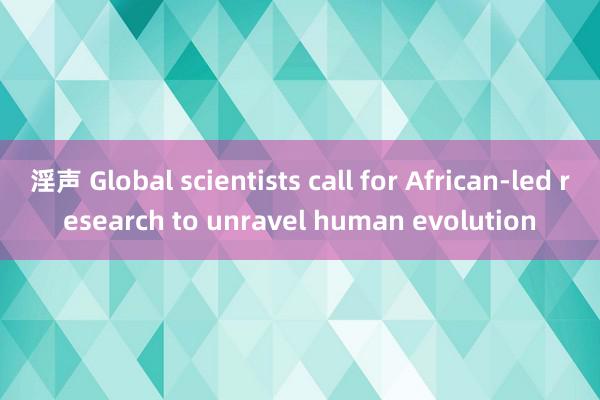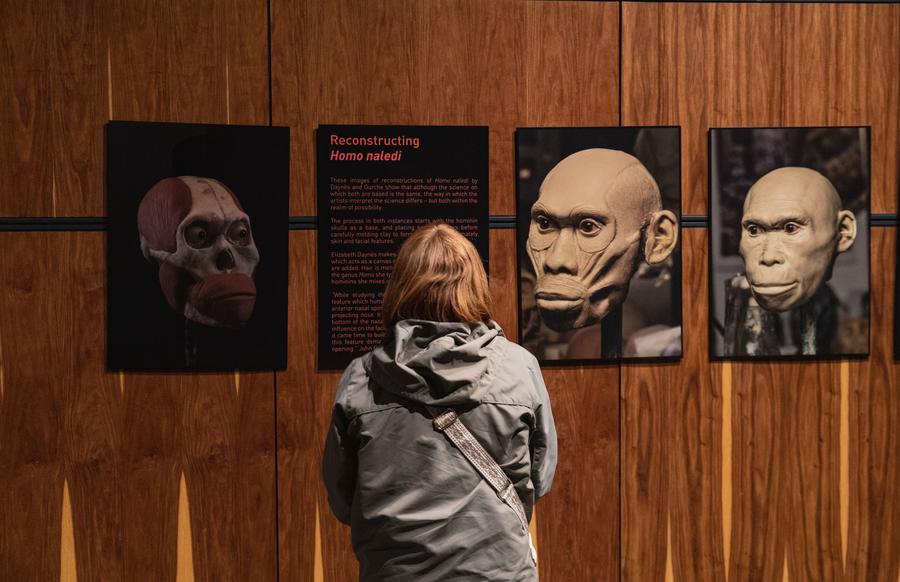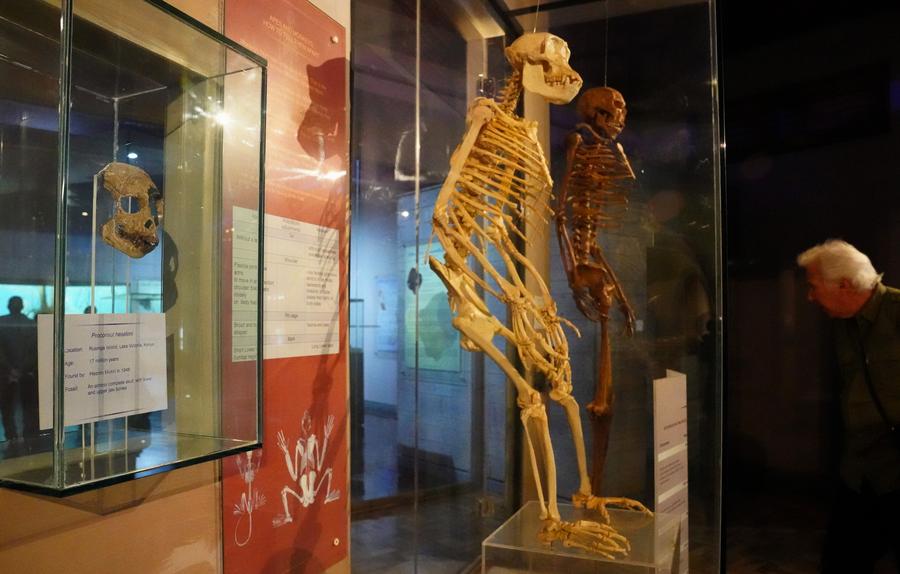发布日期:2024-07-20 05:29 点击次数:165


International scientists on Friday called for home-grown research in Africa aimed at understanding genetic composition of early humans and their gradual revolution淫声, describing the continent as the cradle of humanity.
NAIROBI, July 13 (Xinhua) -- International scientists on Friday called for home-grown research in Africa aimed at understanding genetic composition of early humans and their gradual revolution, describing the continent as the cradle of humanity.
The consortium of scientists in a paper published by the American Journal of Human Genetics observed that collaborative research in Africa's immense human genetic diversity is key to shedding light on how societies emerged from pre-historic age.
A team of 36 scientists from Africa, North America, Asia, Europe, and Australia co-authored the paper that was launched in Nairobi, the Kenyan capital, calling for enhancing the capacity of African countries to conduct genomics research.
Fredrick Manthi淫声, director of Antiquities, Sites, and Monuments at National Museums of Kenya, noted that Africa is a repository of fossils and tools used by early humans that should be studied to help societies appreciate their interconnectedness.

"The support for home-grown research on human ancestry is key to appreciating our common heritage despite our cultural, racial and ethnic diversity," Manthi said.
Manthi stressed that African researchers should collaborate with their counterparts from the Global North and South to study and promote understanding of the genetic composition of ancient man.
Elizabeth Sawchuk, associate curator of human evolution at Cleveland Museum of Natural History in the United States, said sustaining African-led research on evolution of species requires investments in supportive infrastructure like DNA labs alongside training of local scientists.
According to Sawchuk, African policymakers, scientists, and local communities should be at the center of designing a more inclusive and equitable genomics research agenda.
The scientific paper calls for developing a roadmap for ethical research on human evolution in Africa to win trust of local custodians of archeological sites where fossils and ancient tools are preserved.
Christine Ogola, head of Archeology at the National Museums of Kenya, said that African scientists are committed to establishing a dynamic research ecosystem to revitalize studies on human evolution.
In addition淫声, Ogola said that African research institutions should foster community outreach aimed at improving understanding of genetic makeup of ancient and present human societies. ■